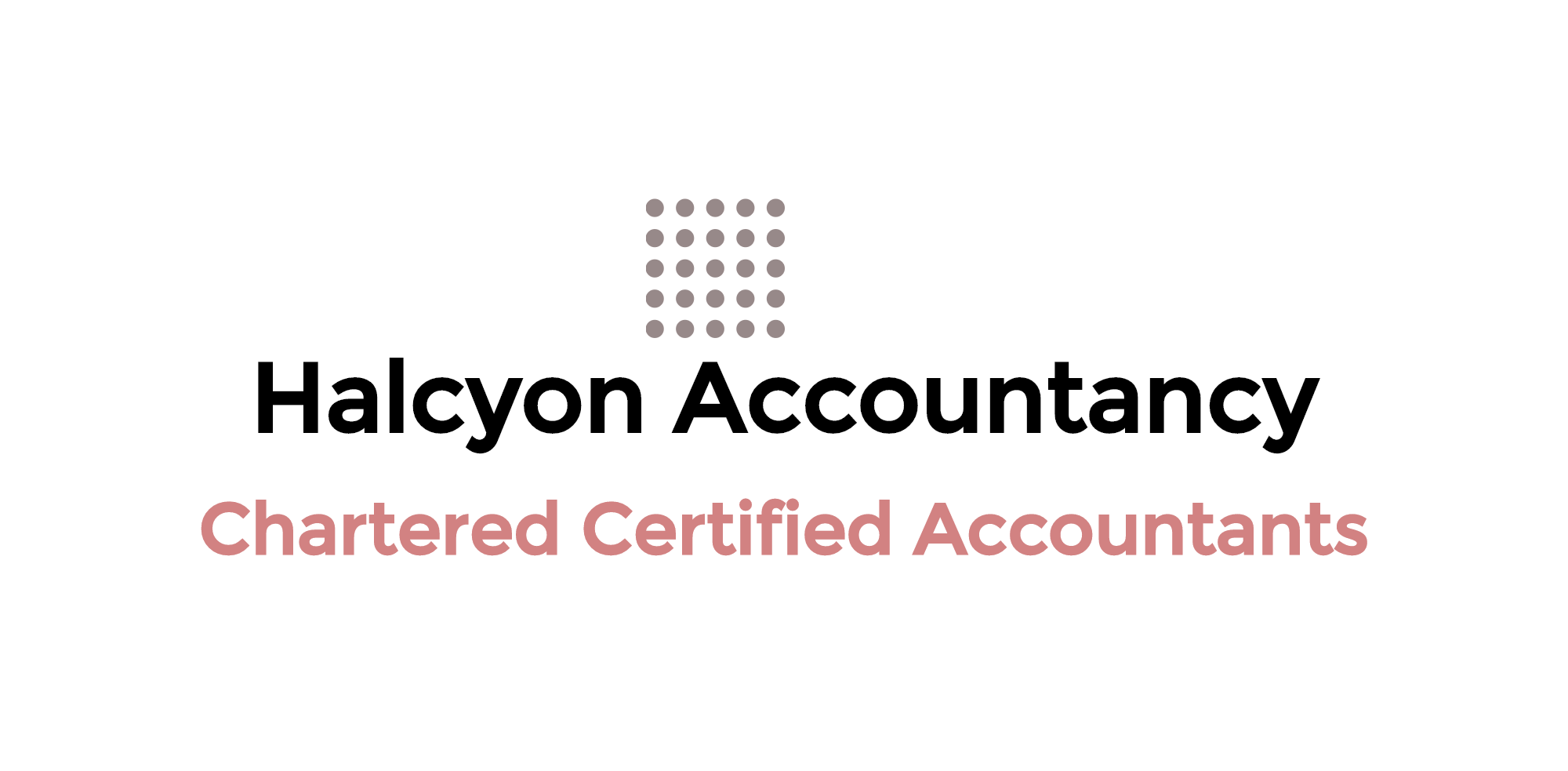Simple Guide to Budget 2021
This is a basic guide, it is an introduction only and should not be used as a definitive guide, since individual circumstances may vary. Specific advice should be obtained, where necessary.
2021/22 2020/21
£ £
Income tax rates - (non-dividend income)
0% lower rate tax - savings rate only Up to 5,000 Up to 5,000
20% basic rate tax 12,751 - 50,270 12,501 - 50,000
40% higher rate tax 52,071 - 150,000 50,001 - 150,000
45% additional rate tax Above £150,000 Above £150,000
Scottish Income tax rates - (non-dividend income)
19% starting rate tax 12,571 - 14,667 12,501 - 14,585
20% basic rate tax 14,668 - 25,296 14,586 - 25,158
21% intermediate rate tax 25,297 - 43,662 25,159 - 43,430
41% higher rate tax 43,663 - 150,000 43,431 - 150,000
46% top rate Above 150,000 Above 150,000
Personal allowance 12,570 12,500
Capital gains tax annual exempt amount (after personal allowance)
These are frozen at £12,300 for individuals and £6,150 for trusts.
Dividend allowance
The tax-free dividend allowance is unchanged at £2,000.
Corporation tax
The corporation tax rate will remain at 19% but from April 2023 the applicable corporation tax rates will be 19% and 25%. Businesses with profits of £50,000 or below will still only have to pay 19% under the small profits rate.
Grants – restart
‘Restart Grants’ are available in England of up to £6,000 per premises for non-essential retail businesses and up to £18,000 per premises for hospitality, accommodation, leisure, personal care and gym businesses
Grants - export
The SME Brexit Support Fund grant provides up to £2,000 to help with training or professional advice.
Annual investment allowance (AIA)
Companies will be able to claim £1m as AIA for expenditure incurred from 1 January 2019 to 31 December 2021. The announcement was made in November and before the ‘super deduction’.
Apprenticeship funding
Apprenticeship incentive payments for employers will increase to £3,000 per new hire until September 2021.
VAT
2021/22 2020/21
£ £
Standard rate 20% 20%
Registration threshold 85,000 85,000
Deregistration threshold 83,000 83,000
The VAT registration and deregistration thresholds will not change for a further period of two years from 1 April 2022.
The reduced rate of VAT of 5% to the hospitality, holiday accommodation and attractions sector is extended until 30 September 2021. After this date, the VAT rate will be 12.5% to the end of 31 March 2022, before returning to the standard rate of VAT of 20% from 1 April 2022.
VAT deferral
Businesses with outstanding VAT from last year may join the VAT deferral new payment scheme to spread their payments. The online service is open until 21 June 2021.
Coronavirus Job Retention Scheme (CJRS)
An extended version of the CJRS provides further support for employees until the end of September 2021.
Self-Employment Income Support Scheme (SEISS)
A fourth grant will open from late April and will be available until 31 May 2021, and will include those self-employed in the tax year 2019/20, with the SEISS being available for a 5th grant until September 2021 based on turnover.
Entrepreneurs’ relief
The lifetime limit on gains eligible for entrepreneurs’ relief is £1m for qualifying disposals.
Employment allowance reform
The allowance is £4,000 but continues to be limited to employers with an employer NIC bill below £100,000 in the previous tax year.
Time to pay
Taxpayers can set up a payment plan online via GOV.UK.
Interest relief for landlords
Landlords will be able to obtain relief as follows:
Finance cost allowed in full Finance cost allowed at basic rate
Year to 5 April 2020 25% 75%
Year to 5 April 2021 0% 100%
Stamp duty land tax (SDLT)
The SDLT nil-rate band of £500,000 for residential property purchases in England and Northern Ireland will be extended to June 2021, reducing to £250,000 from July to September and reverting to £125,000 from October 2021.
